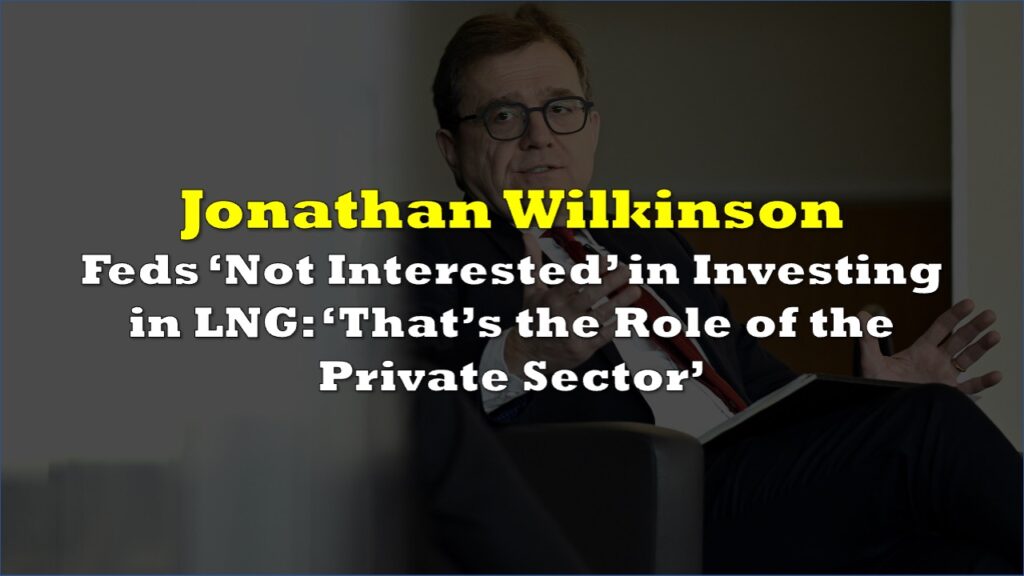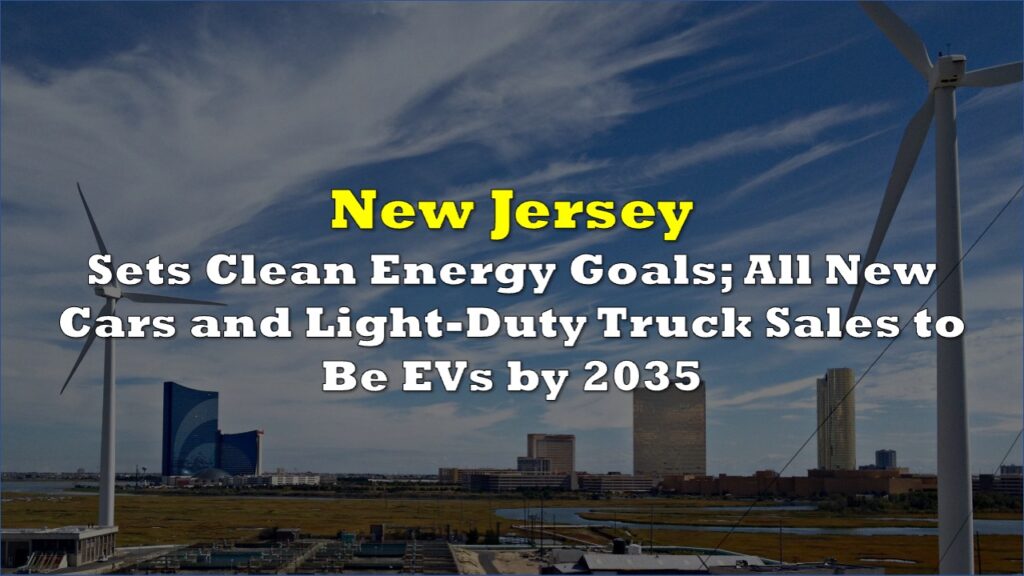As the world accelerates towards achieving net-zero emissions, Canada is stepping up its commitment to sustainable economic practices with the announcement of new regulations on climate disclosures and investment guidelines.
These measures, unveiled by Deputy Prime Minister and Finance Minister Chrystia Freeland at the Principles for Responsible Investment conference in Toronto, mark a step in aligning Canada’s economy with the global push for sustainability. The federal government aims to bolster investor confidence, attract international capital, and facilitate a major economic transformation toward a net-zero future by 2050.
At the heart of Canada’s new climate plan is the introduction of Made-in-Canada sustainable investment guidelines. These guidelines are designed to classify “green” and “transition” investments, providing clear criteria for companies, investors, and stakeholders navigating the complexities of the clean economy.
Freeland emphasized the importance of this shift, stating, “In the 21st century, a competitive economy is a net-zero economy. We are seizing Canada’s economic advantages to attract investment and ensure Canadian workers benefit their fair share in the global race to net-zero.”
The announcement builds on earlier government commitments made in the 2023 Fall Economic Statement and Budget 2024. The sustainable finance taxonomy, which will be developed and governed by independent third-party organizations, is set to be a voluntary but influential tool for investors seeking to credibly identify sustainable economic activities.
The guidelines aim to unlock up to $140 billion annually in private capital, helping fund initiatives that span from electric vehicle production to decarbonizing heavy industries. The taxonomy will align with international climate goals, notably the Paris Agreement’s ambition to limit global warming to 1.5°C above pre-industrial levels.
Mandatory Climate Disclosures
In a parallel effort to attract sustainable investment, the government is also moving forward with mandatory climate-related financial disclosures for large, federally incorporated private companies. These disclosures are seen as essential for ensuring transparency and accountability in the corporate sector’s efforts to manage climate-related risks and opportunities.
Freeland reiterated the importance of these regulations for market clarity, stating that they will “help investors better understand how large businesses are thinking about and managing risks related to climate change.”
The mandatory disclosures will initially target large corporations but will not extend to small- and medium-sized businesses, though the government is considering incentives to encourage voluntary compliance from these smaller firms. These disclosures are expected to be harmonized with similar requirements from provincial securities regulators, ensuring consistency across the Canadian economy.
Jonathan Wilkinson, Canada’s Minister of Energy and Natural Resources, highlighted the broader significance of these measures, saying, “With changes announced today, investors will have more certainty that companies are taking real and serious action to address the climate crisis and drive down emissions, while building a strong economy.”
While these initiatives aim to position Canada as a leader in sustainable finance, the shift is not without challenges, particularly for industries like mining and energy. According to a recent report from EY Canada on the Top 10 Risks and Opportunities in Mining, Environmental, Social, and Governance (ESG) factors have consistently ranked as the foremost risk for mining companies. Navigating the regulatory environment, often referred to as the “alphabet soup” of ESG regulations, has proven difficult for many firms.
Forty-one percent of executives surveyed by EY noted that their digital priority is to establish platforms for tracking and reporting ESG metrics. However, issues such as water stewardship, ethical supply chains, and waste management present ongoing hurdles.
The sector has invested heavily in innovations like the Mining Microbiome Analytics Platform, which aims to reduce the environmental impact of tailings, yet many companies still struggle to keep pace with evolving ESG standards.
Heather Exner-Pirot, an energy expert, has expressed concerns about the ability of these new regulations to attract investment, stating, “They are really bad at attracting new investment to the Canadian energy and mining sectors.”
They are really bad at attracting new investment to the Canadian energy and mining sectors.
— Heather Exner-Pirot (@ExnerPirot) October 10, 2024
Anyways, another week, another federal
govt net zero regulations and guidelines announcement to add to the pile:https://t.co/MYvMKoFuAH
Financial Future
The push for transparency and sustainability does not stop with corporate disclosures. The federal government has also taken steps to attract further investment by expanding its green bond program. In conjunction with the new regulations, Canada successfully issued an additional $2 billion in green bonds, bringing the total from its February 2024 issuance to $5 billion.
To date, Canada has committed over $160 billion to its net-zero economic plan, which includes substantial tax credits for investments in carbon capture technologies, clean energy, and critical minerals. These incentives are intended to secure Canada’s role as a global leader in the production of clean technologies and electric vehicles, with a particular focus on ensuring that the country remains a supplier of choice for the world’s critical minerals.
As Canada positions itself for a sustainable future, Steven Guilbeault, Minister of Environment and Climate Change, stressed the economic opportunities presented by the shift: “Building a cleaner economy is not only an environmental imperative, it is a major economic opportunity. The development of a sustainable investment taxonomy, paired with heightened transparency on climate disclosures, amounts to an important stepping stone for Canada.”
While the government’s announcements mark significant progress, there remain considerable hurdles on the path to achieving net-zero emissions by 2050. Critics have raised concerns about the potential for greenwashing—where companies might exaggerate or misrepresent their environmental efforts to meet new disclosure standards.
Moreover, the road to a net-zero economy will likely involve tough decisions around transitioning away from fossil fuels and heavy industries, sectors that remain critical to Canada’s economic fabric.
Information for this story was found via the sources and companies mentioned. The author has no securities or affiliations related to the organizations discussed. Not a recommendation to buy or sell. Always do additional research and consult a professional before purchasing a security. The author holds no licenses.








